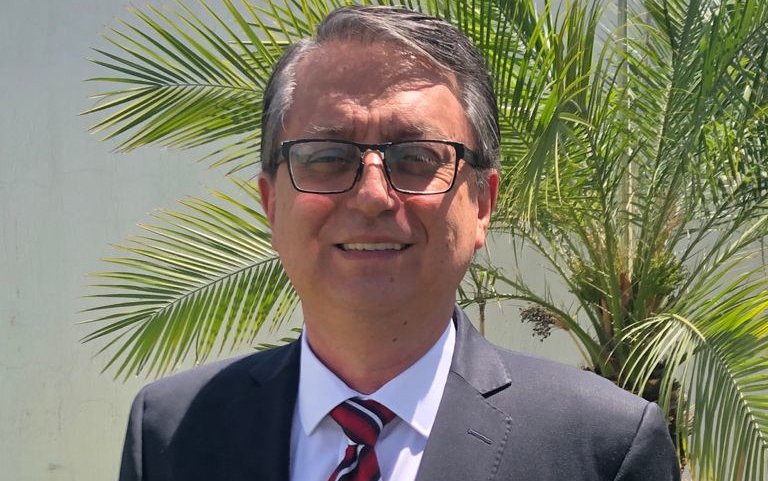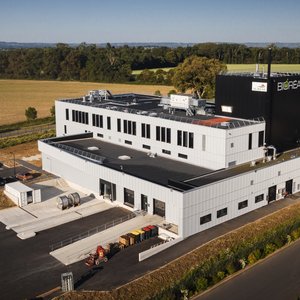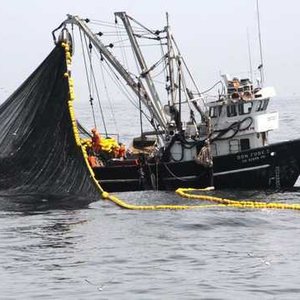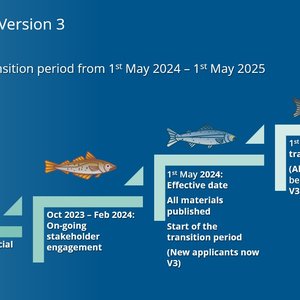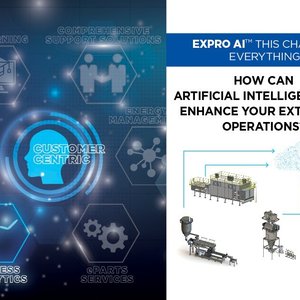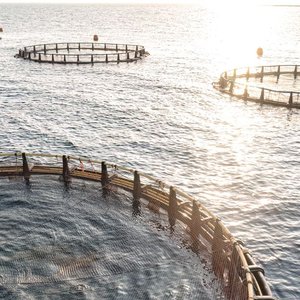When you have worked in the aquaculture sector for over 40 years, in the public and private sectors, and have the academic qualifications to back up your commercial experience, you could be forgiven for thinking you had seen it all. It is fair to say though that the COVID-19 pandemic brought with it a few surprises, and some important lessons for the future of the industry, explained independent consultant in aquaculture, Dr. Jesús Zendejas.
“The best part of my job is that I get to work directly with farmers on real-life applications and get their feedback so that we can fine-tune the nutritional approach and continually improve diets. However, that process was interrupted by COVID-19 and supply chain issues which meant that we were unable to get a reliable stream of key ingredients from our usual suppliers,” Zendejas said. “Traditionally, ingredient costs have been the most important aspect of aquaculture production, but the pandemic has shown us that a reliable supply and the integrity of the feed formula are more important if we are to maximize performance and return on investment.”
During the pandemic, Zendejas began to use Evonik’s aquaculture amino acid AQUAVI® Met-Met with his customers in Mexico and found it to be more effective for shrimp than the DL-methionine (DL-Met) he had previously used. He has tracked the performance of the shrimp fed diets including Met-Met and found that quality improved when using measures such as hardness of shell and cleanliness.
“AQUAVI Met-Met is an exciting product and I have continued to use it even when DL-Met sources became available again. Working with an integrated company like Evonik means I have confidence in their products and supply chain, and can make cost savings on other ingredients. For instance, I have been able to reduce protein levels in the diets and maintain, or even improve performance.” Zendejas believes this approach points the way forward for the sector as it moves to more sustainable approaches, reducing the reliance on fishmeal and utilizing more plant-driven protein sources.
“Achieving and maintaining optimal feed is one of the biggest challenges we face. We can’t just set the formula and machinery and expect consistent results. We need to be adaptable to change in the ingredient profiles,” Zendejas said. “As an industry, we need to be more creative and proactive, especially when it comes to managing the planet’s resources. This certainly includes evaluating more feed additives, including amino acids and probiotics, such as Ecobiol. I believe these functional additives will help us to vastly reduce our reliance on marine ingredients and significantly improve our year-on-year performance.”
About Dr. Zendejas
Dr. Jesús Zendejas is director at Zendejas Aqua Feed and an ingredients consultant. He also works as aquaculture research director at Cargill and has held several positions at the Mexican Ministry of Fisheries. He holds a Master of Science, Aquaculture Nutrition from the University of Stirling.


